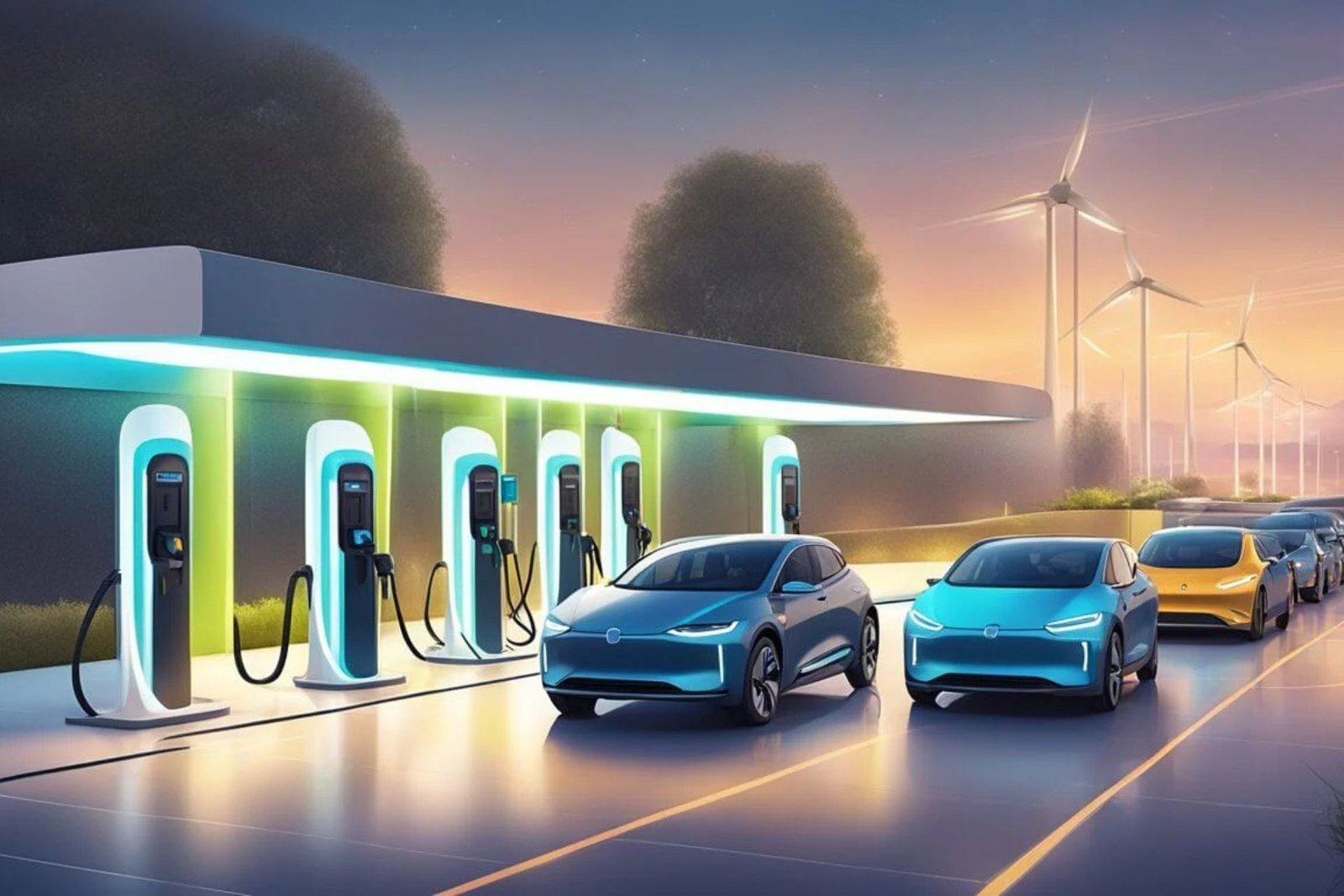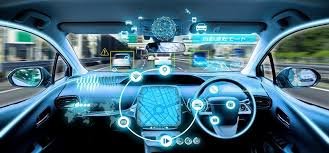
The Impact of Renewable Tech on Global Sustainibility
Renewable energy technologies are transforming our world, providing powerful solutions to combat climate change and promote sustainable development. From solar and wind energy to innovative energy storage solutions, these technologies not only reduce our carbon footprint but also promote a green economy. Engage with how renewable energy is changing global sustainability and what that means for the future of our planet.

EV Charging Infrastructure What Needs to Happen for Global Adoption
An efficient global EV charging infrastructure is required to control carbon emissions and focus on clean energy. There are still issues that include high costs for infrastructure and strain on the grid, low charging speed, lack of standardization, and shortage of space in urban areas. Some important steps would be government incentives, renewable energy integration, expansion of fast-charging networks, and public-private partnerships, along with well-planned urban design. This multi-faceted approach will lead to the wide-scale adaptation of EVs and thus create a more sustainable and green future.

"Autonomous Vehicles How Self-Driving Cars Will Change Transportation Forever"
Explore the transformative potential of autonomous vehicles in this in-depth article. Discover how self-driving cars are set to revolutionize transportation by enhancing safety, improving traffic efficiency, and providing greater mobility for underserved populations. We delve into the technology behind AVs, their environmental impact, and the challenges that lie ahead in making this vision a reality. Join us as we examine the future of transportation and the profound changes that autonomous vehicles will bring to our lives.

"The Role of AI and Machine Learning in Shaping Future Smart Cities"
The goals of "smart cities" include relieving the burden of growing urbanisation, cutting down on energy use, protecting the environment, boosting the local economy and people's standard of living, and facilitating wider access to and use of cutting-edge Information and Communication Technologies (ICT). In smart cities, ICT is essential for policymaking, decision making, plan execution, and the delivery of useful services. The primary goal of this analysis is to investigate the part that AI and machine learning play. Examples of ed tech include Deep Reinforcement Learning (DRL) and Machine Learning (ML). In a complicated smart city setting, the aforementioned methods can be used to develop the best possible rules. Smart transportation, cyber-security, energy-efficient usage of smart grids (SG), efficient use of Unmanned Aerial Vehicles (UAVs) to guarantee the best 5G and beyond 5G (B5G) communications, and a smart health monitoring are all discussed in length in this paper. Finally, we discuss the research challenges that have yet to be met and potential future research directions that could bring the concept of a "smart city" closer to fruition.

Blockchain Beyond Cryptocurrency Exploring Its Use Cases Across Industries
Blockchain technology is revolutionizing various industries beyond its well-known application in cryptocurrency. From enhancing supply chain transparency and security to streamlining healthcare data management and improving financial transactions, blockchain offers innovative solutions that can drive efficiency and trust. This exploration delves into the diverse use cases of blockchain, showcasing its potential to transform traditional business models across sectors.

The Rise of AI-Powered Healthcare What to Expect in the Next Decade
As we stand on the brink of a new era in healthcare, the integration of artificial intelligence (AI) is poised to reshape the landscape of patient care and medical practice. In the coming decade, we can expect AI to enhance diagnostics, personalize treatment plans, and streamline operations, making healthcare more efficient and accessible than ever before. From predictive analytics that identify health risks to AI-driven tools that support remote monitoring, the possibilities are vast. However, as we embrace these advancements, it is crucial to navigate the ethical considerations and regulatory challenges that accompany this technological revolution. Join us as we explore the transformative potential of AI in healthcare and what the future holds for patients and providers alike.




